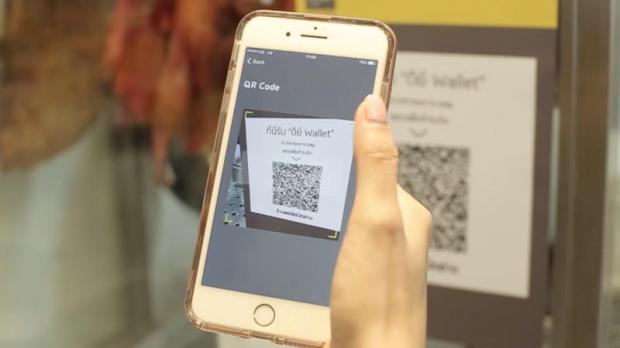
Krungsri Consumer, an unsecured lending unit under Bank of Ayudhya (BAY), aims for 10% growth in credit card spending to 300 billion baht this year.
Krungsri's credit card spending expanded by 7% to 270 billion baht in 2017, said head Thakorn Piyaphan.
Krungsri Consumer targets 7% growth in new credit card issuance this year to 450,000, up from 420,000 in 2017.
The company has 8.2 million credit cards circulating in the market, which are held by 5.6 million people. Average spending is 6,500 baht per card per month. That amount rises to 17,000 baht if only active users are taken into account.
The industry's credit card spending is forecast to grow 10-11% this year, compared with 8% growth last year, he said.
The number of new credit card holders in 2018 is projected to grow by 300,000-400,000, dented by the Bank of Thailand tightened rules governing credit cards and personal loans.
Mr Thakorn said 2017 was the first year when credit card spending for insurance premiums became the company's biggest spending item, as more insurers allowed policyholders to pay for premiums by credit card.
The company further gives 0.5% cashback for every premium payment of 10,000 baht via the AIA Visa Platinum Card.
The second-highest spending item last year was purchases at supermarkets and hypermarkets, followed by fuel purchases at petrol stations and furniture and home decorations.
Online purchases came in fifth, overtaking restaurants, he said.
Mr Thakorn said QR code payments could slow down credit card spending.
He said in China, credit card usage has fallen continuously since the advent of QR code payments.
But a shift to the new payment system in Thailand is expected to come at a gradual pace as banks have focused on providing the service at small merchants rather than large ones, he said.
"It will take three years for QR code payments to become ubiquitous in Thailand. I estimate there will be 2 million points for QR code payments in Thailand by that time," said Mr Thakorn.
BAY has targeted big shops with many outlets to become its QR code payment merchants as they have high cash flow, while the bank has also instructed its branch staff to convince small local shops to take on the technology, he said.